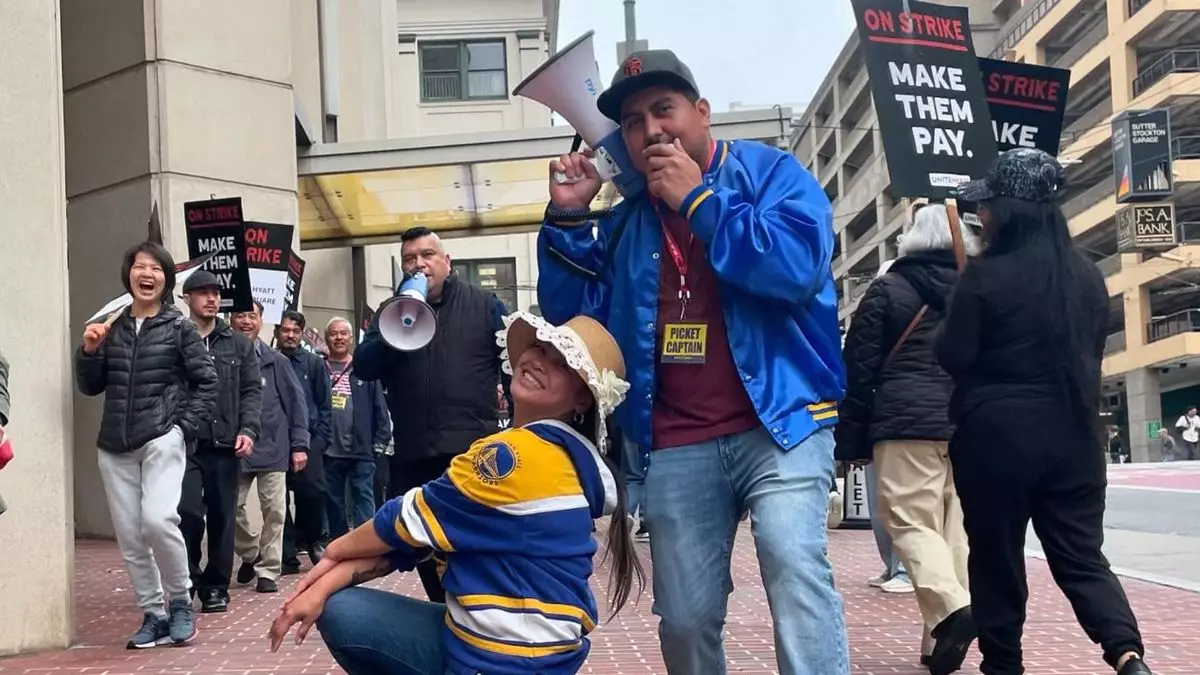As the hospitality industry grapples with post-pandemic recovery, labor disputes have resurfaced, demanding immediate attention. Recently, over 1,500 hospitality workers in San Francisco participated in a strike on September 22, intensifying the ongoing labor movements across the United States. This wave of strikes coincides with similar actions taken by hotel employees in San Diego since September 1, resulting in a combined force of more than 2,200 hotel workers advocating for better work conditions.
The strikes, primarily organized by the Unite Here labor union, have notably disrupted operations in prominent hotel chains like Hilton, Hyatt, and Marriott International. Key properties affected include the Grand Hyatt San Francisco and the Hilton San Diego Bayfront. Such strikes not only highlight the determination of the workers but also create a ripple effect in the hospitality sector. With diminished staffing, many hotels may face challenges in delivering services, leading to a frustrating experience for guests and employees alike.
Unite Here has taken a strategic stance, urging travelers to reconsider their accommodation choices by avoiding hotels that are on strike. Their message emphasizes not just the plight of the workers, but also the potential disruptions travelers could face, including service suspensions due to inadequate staffing. The availability of the Labor Dispute Map on FairHotel.org serves as a resource for travelers seeking to understand which hotels are affected and consider alternative options, reflecting a concerted effort to raise awareness about labor issues in the hospitality sector.
Wider Implications of Labor Activism
The strikes in San Francisco are not isolated incidents; they are part of a larger movement encompassing nine U.S. cities where hotel workers are demanding fair compensation and reinstatement of service standards that were adjusted during the pandemic. Recent events in Boston, where over 1,200 hotel workers engaged in a limited-duration strike from September 19 to 21, exemplify the growing dissatisfaction among hospitality employees. The collective action speaks volumes about the urgency for hotel companies to address employee grievances, particularly in an era where the workforce is increasingly vocal about their needs.
As the labor strikes unfold across multiple cities, it becomes clear that the landscape of the hospitality industry is undergoing significant transformation. Workers are no longer willing to accept subpar treatment and are advocating for necessary changes. The outcome of these strikes is likely to shape the future of labor relations in this sector, potentially leading to new standards in wages, staffing ratios, and overall working conditions. As travelers and industry stakeholders observe these developments, the urgent call for fair labor practices is resonating louder than ever, and it remains to be seen how hotel management will respond to this pivotal moment in their industry.


Leave a Reply